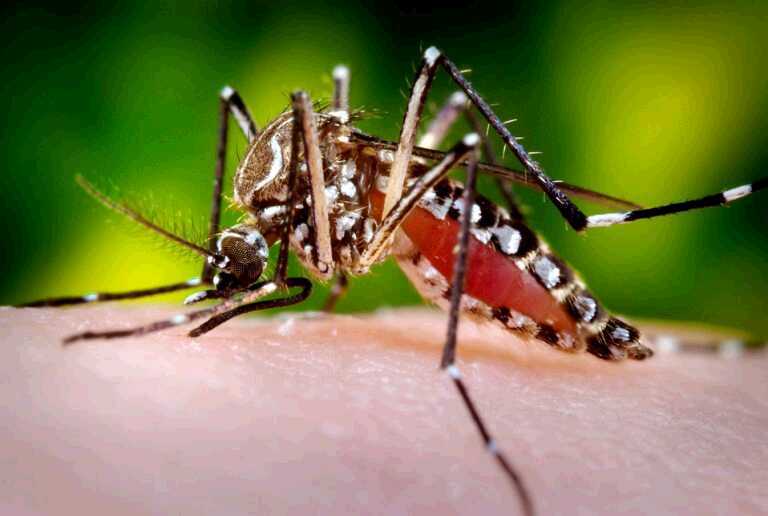
In cases of extreme beta cell depletion, alpha cells have been shown to turn into insulin-producing beta cells, with the help of an epigenetic regulator known as Arx, the key molecular component in the transformation process.
It has the potential to be a very potent strategy for healing type 1 diabetes. For decades, scientists have been trying to find a way to replace destroyed beta cells – sometimes referred to as islet cells, with newly produced insulin-secreting cells. Although, up until recently the results have sounded encouraging, scientists have yet to succeed in actually inducing the transformation. But now researchers from the CeMM Research Center for Molecular Medicine in Austria seem to have found the missing link, giving hope of a cure for type 1 diabetes.
Then a team coordinated by Stefan Kubicek, determined that artemisinins, drugs commonly employed to treat malaria hit the nail on the head, transforming pancreatic alpha cells into functional, insulin-producing beta-like cells. “With our study, we could show that artemisinins change the epigenetic program of glucagon-producing alpha cells and induce profound alterations of their biochemical function,” Kubicek explained.
In addition to beta cells, alpha cells and three other types of cells that make up the islets of Langerhans in the pancreas that are responsible for the production of hormones that are that regulate blood sugar levels. Basically, insulin is produced by the beta cells and contribute to the reduction of blood glucose while alpha cells have the opposite effect.
In cases of extreme beta cell depletion, alpha cells have been shown to turn into insulin-producing beta cells, with the help of an epigenetic regulator known as Arx, the key molecular component in the transformation process. Researchers found that artemisinins – a group of drugs commonly prescribed to treat malaria – had the same effect as a loss in Arx.
The beneficial effects of artemisinins were demonstrated not only in isolated cell line experiments, but the malaria drug also increased beta cell mass and improved homeostasis in zebrafish, mice, and rats.
It is very likely that a similar effect will occur in humans, the authors claim, because the molecular targets for artemisinins in fish, rodents, and humans are very similar. “Obviously, the long-term effect of artemisinins needs to be tested,” Kubicek said. “Especially the regenerative capacity of human alpha cells is yet unknown. Furthermore, the new beta cells must be protected from the immune system. But we are confident that the discovery of artemisinins and their mode of action can form the foundation for a completely new therapy of type 1 diabetes.”
